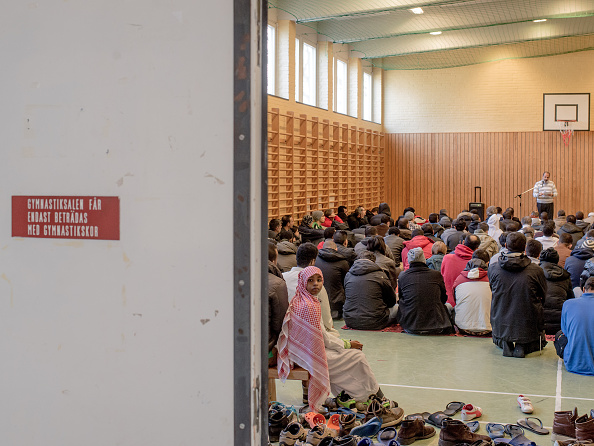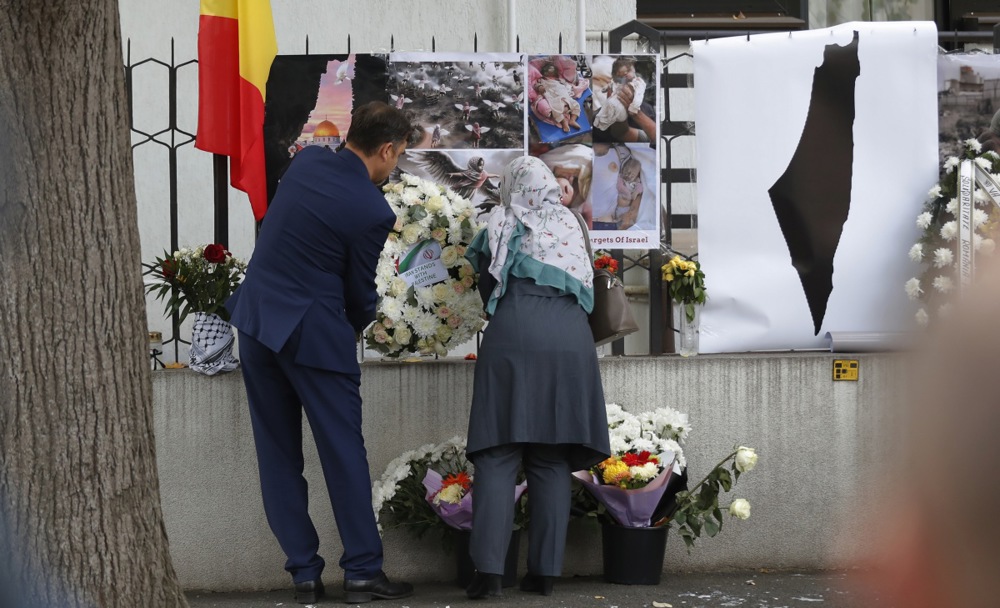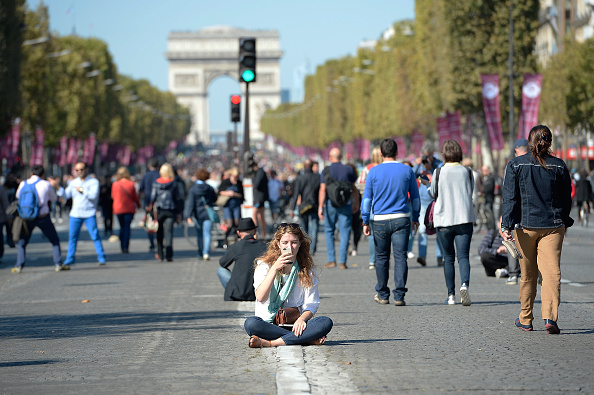An ISIS attack on a Sunday mass attended by Witold Lesnia, Poland’s consul-general, shows Turkey has “failed” to stamp out the terrorist organisation, experts have told Brussels Signal.
In the first successful ISIS strike in Turkey since 2017, two gunmen entered Santa Maria Catholic Church in Istanbul on January 28 and opened fire. Lesnia was in the church, along with his family. ISIS claimed responsibility later that day on Telegram.
This “attack on a Christian place of worship surely represents a strategic decision by ISIS not to confront the Sunni Islam community”, a European intelligence officer told Brussels Signal on February 2.
ISIS “play a good political game. Attacks like this can win them new followers and send a clear message; ‘we are brothers to the Muslims and not enemies’”, said the officer, who did not wish to be named.
The terrorist group announced the attack on the same day – the first time the organisation has used the term “wilayah”, meaning a province or branch. It was a claim of responsibility in reference to its Turkish affiliates, said BBC Monitoring’s jihadism expert Mina al-Lami.
Al-Lami said that usually meant there was a “proper structure and chain of command”.
Mihaela Curca, a political analyst in Romania, said the attack also indicated ISIS’ Turkish networks have survived a decade of “aggressive counter-terrorism measures, including over 7,700 operations against ISIS from 2014 to 2023”.
The alleged assailants were named by news groups including Medyanews.net as David Tanduev, from Russia, and Hamza Amirjon Kholikov, from Tajikistan.
The anonymous intelligence office told Brussels Signal that, given their reported Russian and Tajik origins, the two attackers may have been radicalised by Russian President Vladimir Putin’s “anti-West” rhetoric.
If so, that, he said, was “part of the whole system in Russia – the media, schools and local and national politics”.
Curca said: “The attackers’ origin from Tajikistan and Russia raises questions about potential links to ISIS-Khorasan, especially considering recent plots involving Tajik operatives in other countries.”
Turkish police arrested 51 suspects shortly after the church attack. The speed of such suggested “they must have had intelligence information for most of the detained persons prior to the terrorist act and the arrest,” the intelligence officer said.
One of those arrested, Edelkhan Inazhaev, had also been previously implicated in a 2016 attack on Atatürk Airport, according to Çağatay Cebe, a Turkish researcher on jihadi groups. Turkish officials believed the 2016 attackers came from Russia and Central Asia and were acting on behalf of ISIS, although no group claimed official responsibility.
Suggesting a fair degree of planning, the car used in the attack, allegedly, “was brought from Poland a year ago and it hadn’t been used until the day of the attack to church”, said Cebe.
The weapons, which reportedly jammed, appeared in footage to be “Turkish Blow TR 914 02 9mm PAK pistols which were converted to .32 ACP,” noted a weapons expert.
The extremists “likely acquired outdated firearms from the Turkish black market”, according to the US-based Terrorism Research Analysis Consortium (TRAC).
The Istanbul prosecutors, in their indictment, said ISIS had planned attacks on churches and synagogues and the Swedish and Dutch consulates.
ISIS uses Turkey as a base for its ISIS-Khorasan branch, the Istanbul chief prosecutor’s office said.
An open question is why ISIS chose this particular target now, according to the intelligence officer.
“For sure they expected the ‘hard response’ from the Turkish authorities and they were willing to sacrifice their local assets for this attack,” the officer said.
The assailants appear to have targeted one specific person, who had just entered the church, TRAC added.
They reportedly killed one person, a Muslim named Tuncer Cihan, before their weapons became inoperable. Cihan apparently belonged to a minority Muslim sect called Alevism and relatives told media he may have been “seeking to convert to Christianity”.
According to reports, Tanduev and Kholikov ran away after the attack but were soon apprehended by Turkish police.





